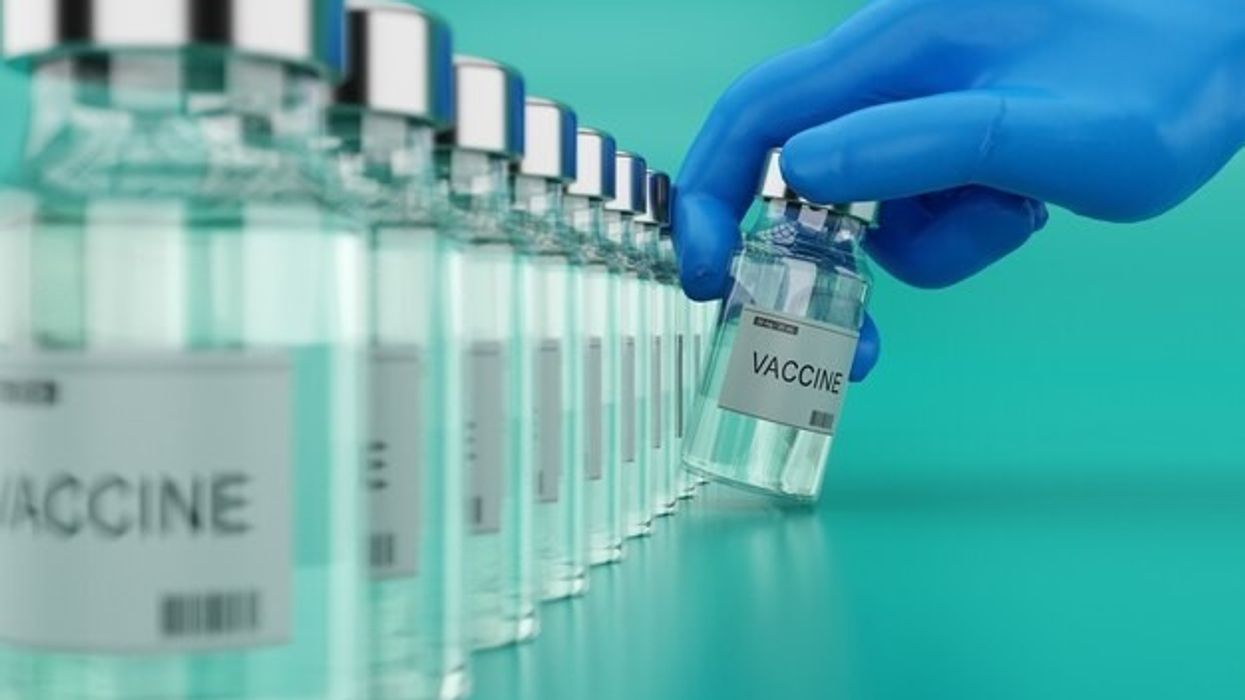Initially, the project will focus on developing a vaccine against Hantaan virus, which is found mostly in Asia and South America.
The UK government has awarded a £1.7 million contract to Ensilicated Technologies Ltd (EnsiliTech), a University of Bath spinout company dedicated to making vaccines safer, to develop the world's first thermally stable mRNA vaccine.
mRNA vaccines have a huge potential to prevent infectious diseases and a range of previously unpreventable conditions, but currently, these vaccines require ultracold storage, needing to be kept at -70 or even -80 °C.
The company’s ensilication technology allows vaccines and other biological materials to be transported and stored without the use of refrigeration.
Dr Asel Sartbaeva, co-founder and CEO at EnsiliTech, believes that the technology could save tens of thousands of lives every year.
She commented: “We’re so proud to have won this important government grant.”
“It comes after about 11 years of research on ensilication and means we can develop mRNA vaccines that are truly independent of the fridge and freezer.
“As transport and storage of COVID-19 mRNA vaccines have been shown to cost more than the cost of many actual vaccines, removing the fridge dependence will have a truly game-changing impact on our ability to distribute vaccines all around the globe, and can help save millions of people.”
The two-year contract would be funded by the Department of Health and Social Care (DHSC) as part of the UK Vaccine Network, which is developing vaccines for diseases with epidemic potential in low- and middle-income countries, and managed by Innovate UK.
According to Dr Sartbaeva, the SBRI project is part of a wider push to prepare for the future pandemic so that the government can “act fast with vaccine rollouts next time.”
EnsiliTech will be collaborating Afrigen, an mRNA manufacturing and development consortium based in South Africa, and EmerVax, a Texas-based company that formulates novel vaccines against neglected diseases, to carry out the project.
The focus of the project is to develop the world's first vaccine against Hantaan virus, which can cause Hantavirus Pulmonary Syndrome (HPS) – a severe, sometimes fatal, respiratory disease. Haemorrhagic Fever with Renal Syndrome is a common side effect associated with this highly infectious disease, with a mortality rate estimated at 15 per cent.
More than 200,000 cases of this highly infectious and deadly disease are reported each year, mostly in Asia and South America, and the number is growing.
Sadly, there is currently no vaccine to fight the virus, which is spread mainly by rodents.













